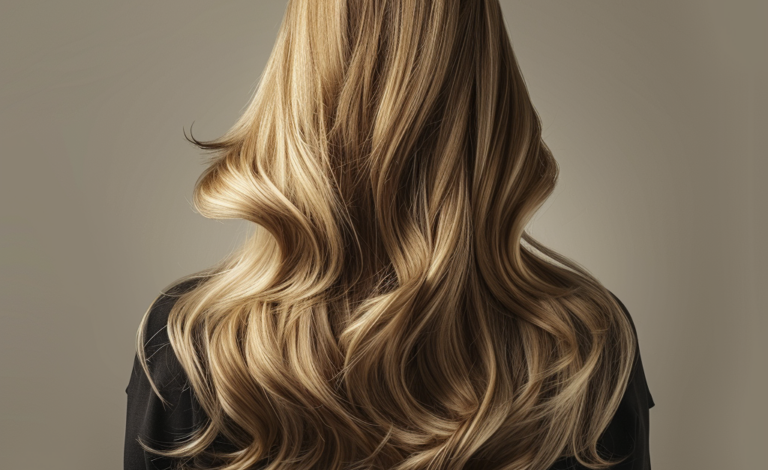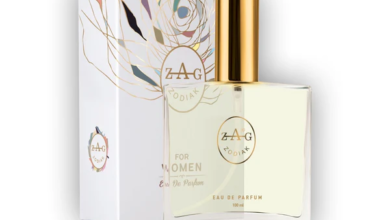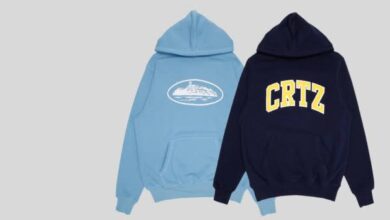The Art of Hair Extensions: How to Add Volume and Length Like a Pro

Introduction
Hair extensions are a game-changer, offering instant volume, length, and versatility. But not all extensions are created equal. From choosing the right type to maintaining them, here’s everything you need to know.
1. Types of Hair Extensions
Hair extensions come in various forms, each with unique benefits:
- Clip-ins: Temporary, easy-to-use extensions that you can attach and remove at home.
- Tape-ins: Lightweight extensions secured with adhesive, ideal for thinner hair.
- Sew-ins/Weaves: Braided into the hair for long-lasting results, great for thicker hair.
- Fusion/Bonded: Strands attached using heat or keratin, offering a natural look.
- Halo Extensions: A single strip worn around your head like a halo, quick and non-damaging.
2. Choosing Between Synthetic and Human Hair
Extensions come in two main materials:
- Synthetic Hair: Budget-friendly but less natural-looking and unsuitable for heat styling.
- Human Hair: Offers a realistic appearance, can be dyed and styled, and lasts longer.
For the most natural result, human hair extensions are worth the investment.
3. Matching Color and Texture
Blending is key to achieving a seamless look. Extensions should match:
- Color: Use a shade that mimics your base color or highlights.
- Texture: Match the natural texture of your hair, whether straight, wavy, or curly.
4. Installation Tips
For professional results, follow these guidelines:
- Clip-ins: Section hair horizontally and clip in extensions close to the scalp.
- Tape-ins and Sew-ins: Always have these professionally installed for a secure and natural finish.
- Halo Extensions: Place the halo over your head and blend with your natural hair.
5. Care and Maintenance
Proper care extends the life of your extensions:
- Use sulfate-free shampoos and conditioners.
- Brush gently with a detangling brush.
- Avoid excessive heat styling and always use heat protectants.
- Store clip-ins in a protective case when not in use.
6. Extensions, Wigs, and Toppers
In addition to extensions, wigs and toppers are excellent options:
- Wigs: Ideal for dramatic style changes or protecting natural hair.
- Toppers: Discreetly cover thinning or balding areas, blending with your natural hair.
Consult with a stylist to determine which option suits your needs.
7. The Cost of Extensions
Prices vary depending on the type and quality:
- Synthetic clip-ins: $50–$150.
- Human hair extensions: $200–$2,000, depending on the length and type.
Consider this an investment in your look.
8. Common Mistakes to Avoid
To prevent mishaps:
- Don’t install extensions too tightly; it can cause traction alopecia.
- Avoid overloading fine hair with heavy extensions.
- Never skip regular maintenance appointments.
Conclusion
Hair extensions offer endless possibilities for transforming your look. By choosing the right type, taking care of them properly, and consulting a professional, you can enjoy a stunning, natural finish that elevates your style.




